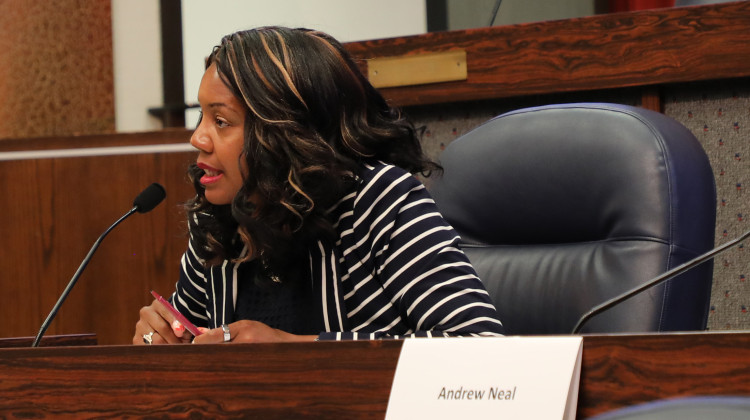
IPS Superintendent Aleesia Johnson speaks during the first meeting of the Indianapolis Local Education Alliance on Wednesday, June 25, 2025 at the Indianapolis City-County Building.
Eric Weddle / WFYIA new Indianapolis education group held its first public meeting this week to begin reimagining how traditional public and charter schools share resources like buildings and buses. The talks could eventually lead to controversial topics like school closures.
The Indianapolis Local Education Alliance — created by a new state law earlier this year — is tasked with developing a plan to improve collaboration and efficiency between Indianapolis Public Schools and the city’s growing number of charter schools. The nine-member body is chaired by Mayor Joe Hogsett and includes IPS Superintendent Aleesia Johnson and several appointees from the city and school district.
This comes at the same time state lawmakers passed a law that requires traditional public schools to share property tax dollars with charter schools starting in 2028. Those dollars fund operations like transportation and facilities.
Wednesday’s meeting at the City-County Building drew more than 60 people. A little more than a dozen people spoke to the debate over resource sharing. The group must submit final recommendations to city and state leaders by Dec. 31.
“Our goal is to develop a data driven, actionable plan with recommendations that will lead to a more rational, more equitable and more sustainable system of school facilities and transportation that benefits all students,” Mayor Joe Hogsett, chair of the alliance, said at the meeting.
Hogsett said they will create a "road map" for how schools can collaborate more effectively — options like co-locating schools in single building could be considered.
Nearly 40% of students who live in IPS boundaries attend charter schools.
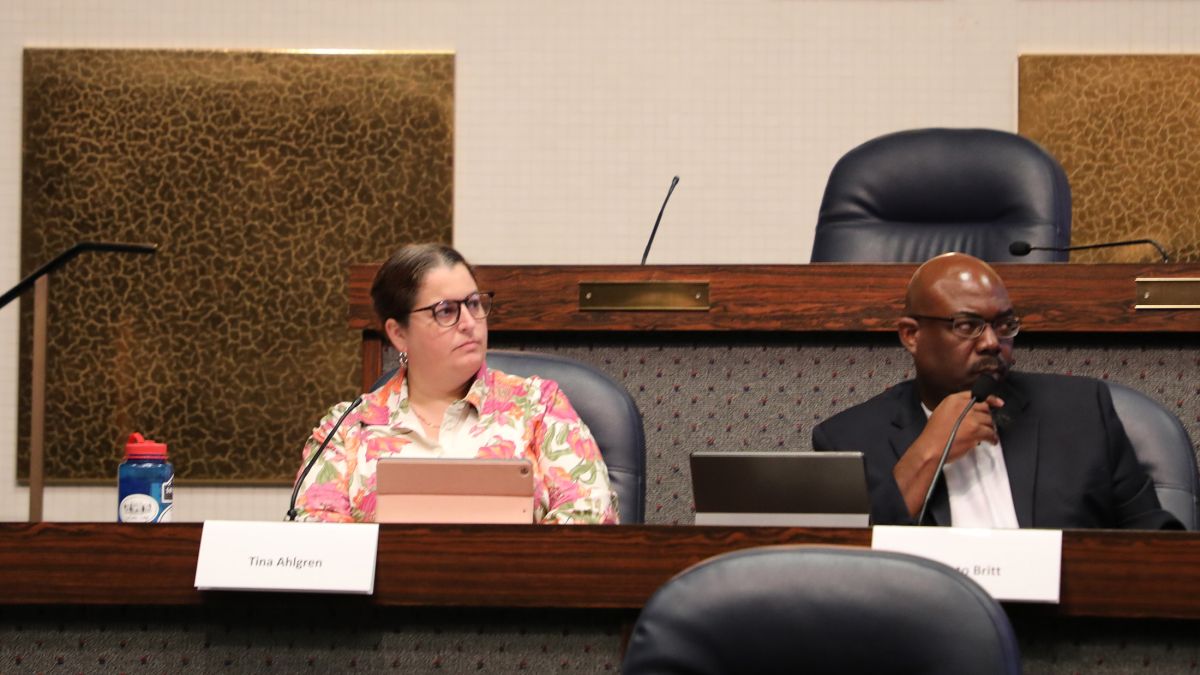
Johnson emphasized that the alliance’s task follows a difficult legislative session that put the district in a precarious financial position. Johnson has said a change in local funding could lead to school closures.
“What I believe cannot be true is that there is a solution that disadvantages children for another group of children, and that we ask any child to make do with less,” Johnson said. “We know we're in a resource constrained environment. We know there's legislation that is going to make that even more challenging, but our community has been able to do hard things.”
What happens next?
Through the summer and fall the group will review enrollment trends, transportation systems, facility usage, and future needs. IPS and charter schools have been asked to submit data on buildings and services. IPS staff will share internal assessments.
The legislation requires the alliance to make recommendations on:
- The governance structure for a school system that includes IPS and charter schools
- “Opportunities for increased efficiency” at the IPS central office
- Planning on future property-tax referendums
- School consolidation
- Expansion of “high quality academic programming”
- Policies for students with disabilities
Although the Indianapolis Local Education Alliance is exempt from Indiana’s Open Door Law — which typically requires public agencies to hold open meetings — the group plans to hold some public sessions.
The law requires the alliance to hold a public vote on the adoption of the facilities and transportation implementation plan.
The next public meeting is scheduled for 6 p.m. July 23 at the City-County Building, 200 E. Washington St. A full schedule and future agendas are available here.
WFYI education reporter Sydney Dauphinais covers Marion County schools. Contact her at sdauphinais@wfyi.org.
 DONATE
DONATE


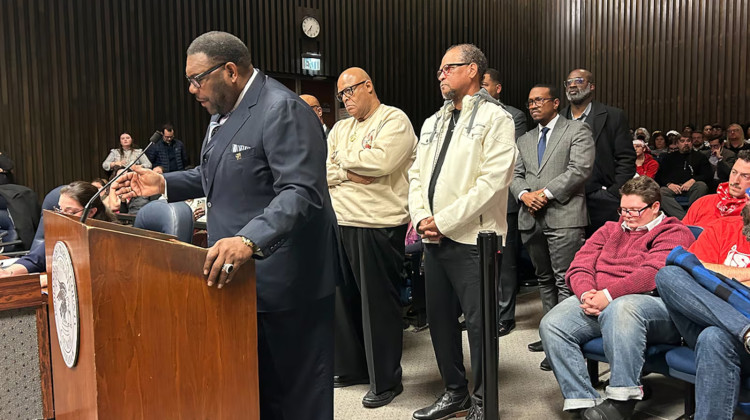
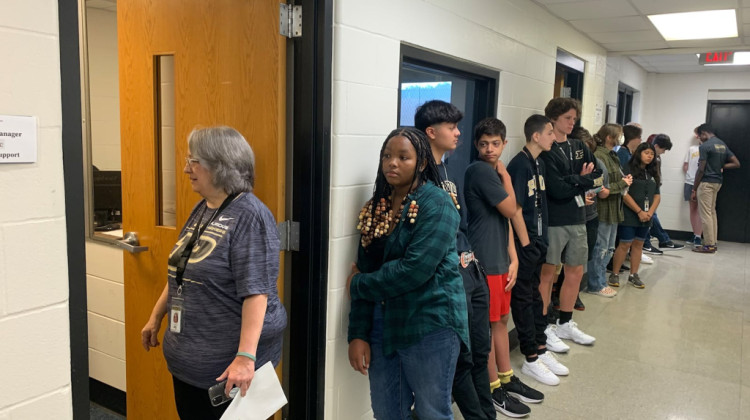
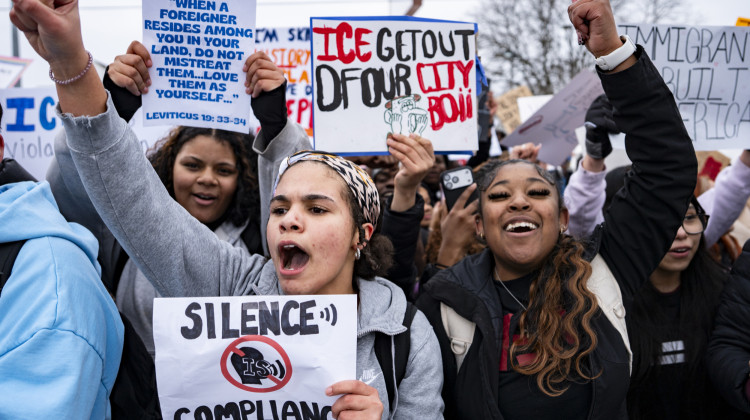

 Support WFYI. We can't do it without you.
Support WFYI. We can't do it without you.